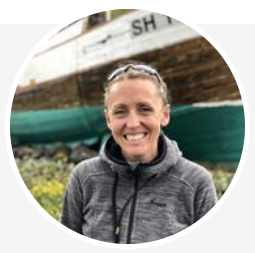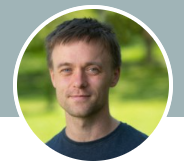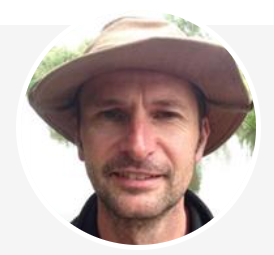

Nov 2024
Abstract:
The University of Exeter, UK, is a research-intensive organisation known for its excellence in environmental science, business and humanities. We have been working with partners at KAUST since at least 2019, and most recently on environmental data collection at NEOM. This visit by the University of Exeter team leading the work with NEOM aims to share information about our research programmes, including areas of excellence in marine, terrestrial, socio-economic and data science. Ultimately, Exeter would like to initiate new, and contribute to existing, programmes of research across NEOM and KSA, and we will showcase some of our research strengths and key areas for collaboration. The team will be visiting for several days and welcome conversations from across KAUST about exciting potential for future research.
Bio of the visitors:
Marine – Associate Prof. Lucy Hawkes

Bio: Lucy’s a physiological ecologist, whose work focuses on the costs and drivers of migration in animals (vertebrates and invertebrates) using emergent technologists such as satellite telemetry, heart rate logging, accelerometry and metabolic rate measurements. Lucy uses technical approaches including biologging, spatial ecology, remote sensing and respirometry to make empirical measurements that help in the understanding of amazing migratory performances. Her work has also investigated the impact of external forcing factors, such as climate change and disease ecology on migration and breeding ecology
Lucy’s work in the Red Sea with OceanX was featured on BBC Why Sharks Attack on 18th July 2023, where she shared her passion for shark conservation and highlighted their worrying conservation status. You can see more of her published scientific research here.
Data Science - Associate Prof. Stefan Siegert

Bio: Stefan is an Associate Professor of Data Science in the Department of Mathematics and Statistics. He specialises in applied statistics and data science, particularly the development of statistical and computational models for environmental statistics and forecasting using computer simulation models. The motivation of his research is to evaluate and improve accuracy and uncertainty quantification in complex, dynamic models of the real world.
Terrestrial – Prof Richard Brazier

Bio: Rich was employed as a Senior Lecturer at the University of Exeter in 2006, promoted to Associate Professor of Earth Surface Processes in 2011 and Professor in 2015. Since 2021, Richard has been a Co-Director for the Centre for Resilience in Environment, Water and Waste (CREWW). The research centre is a partnership with co-founders South West Water who provided £21 million investment to enable innovation research projects in collaboration between the University's academics from multiple disciplines and the subject matter experts at South West Water. Broad research specialisms: Soil erosion, water quality, modelling, issues of data and model uncertainty, understanding the environmental effects of landscape restoration.
Partnership Development – Josephine Butcher

Bio: Josephine and Laura are experienced business development and project managers, leading the programme and project management of CREWW (Centre for Resilience in Environment, Water and Waste). Josephine is a Senior Partnership Development Manager for the water sector, responsible for working with government bodies and industry partners, to drive impact, connect partners, create opportunities and generate value. As Programme Manager for CREWW, responsibilities include leading the development of collaborative research projects and innovation opportunities for the development and growth of the Centre.